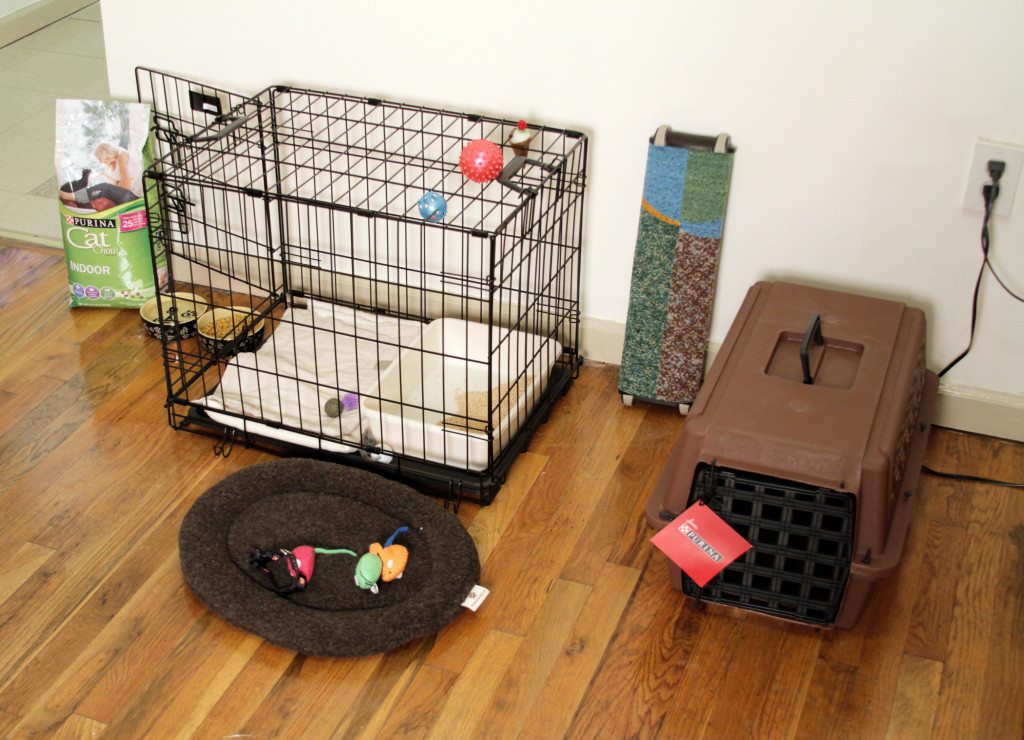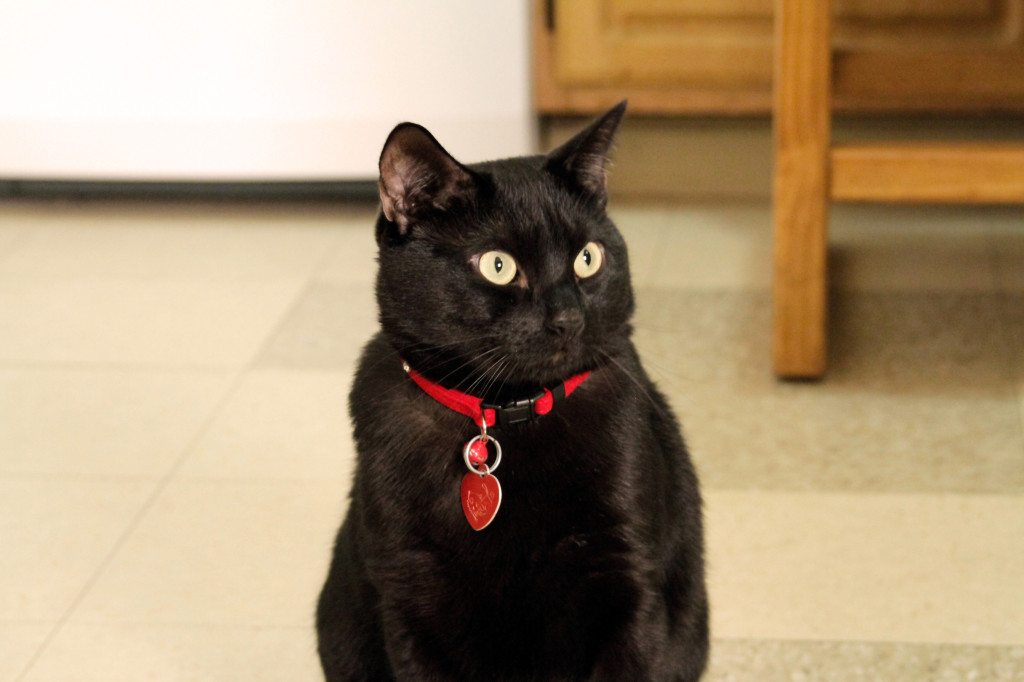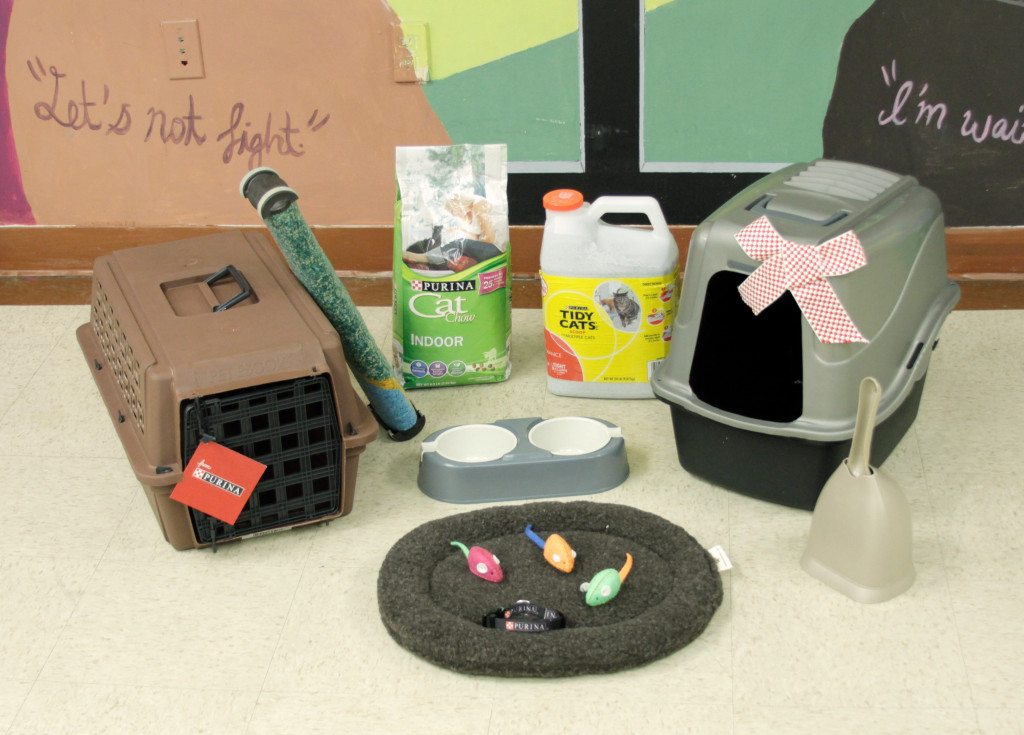
We read in the news a lot stories of domestic violence happening in many types of neighborhoods, and its an unfortunate epidemic that keeps happening even though the ever presence of decreasing it is monumental at this point. Luckily there are groups out there that go out of their way to make sure that victims of domestic violence have a way out and a place to stay if need be. This also rings true for their loved ones, in particular their pets. October is Domestic Violence Awareness Month, and two great companies are coming together to create a unique partnership to help victims get their lives back on track. The Urban Resources Institute and Purina have teamed together in support of URIPALS, NYC’s first initiative to allow victims of domestic violence to reside together with their pets in shelter. Throughout this partnership, Purina will donate much-needed welcome kits and educational materials to support families as they enter shelter and transition into the next phase of their lives. They also want to bring focus on domestic violence happening for the whole family, including pets, and how this epidemic needs to stop.
I was fortunate enough to speak to Nathaniel Fields, the president of the Urban Resources Institute, on his companies involvement in this process and what is ultimately hopeful for with this partnership. Take a look.

Tell me more about URIPALS and what’s its mission statement?
Using its 32 years of experience in the domestic violence field, Urban Resource Institute (URI) took a bold step to remove barriers that prevent families from seeking help through its innovative pilot program, People and Animals Living Safely (PALS), which allows victims and their pets to reside together in shelter. Through PALS, URI aims to enhance safety for victims of domestic violence and their pets. By keeping the entire family together, PALS will prevent pets from becoming permanent residents of animal shelters, being abandoned to the streets, or viciously exterminated.
The URIPALS pilot program, which began on June 1, 2013, will run for six months and offer families shelter for one domesticated cat and/or one other cat or small animal (caged bird, fish, turtle, or small caged hamster, gerbil or rabbit). Through continued donations, resources and support, URIPALS plans to develop its current shelter infrastructure to accommodate larger pets such as dogs. This will require modifications to the shelter, such as creating an outdoor dog run, and providing additional staff training. We also hope to expand URIPALS to its three other shelters across New York City and serve as a model for other domestic violence programs nationwide. We’re hoping to raise $250,000 to achieve these goals and hope that the public will support our efforts to help people and pets seeking safe haven from abuse.
How did this partnership with URI and Purina come about?
When Purina learned about URIPALS and the close link between animal abuse and domestic violence, they reached out to us to get involved and help us support families in shelter with their pets. We are so grateful for their generous donation of welcome kits so that families entering shelter with their cats have all of the supplies they’ll need for their pets.
How common is this to have an animal separated from its owners if there is domestic violence involved?
While other co-sheltering programs for domestic violence victims do exist in the United States, they are extremely rare—just 3% of shelters nationwide are able to accommodate families with pets, and most are in rural settings. URIPALS is the first-ever co-sheltering program in NYC or any urban area.
With as many as 48% of domestic violence victims staying in abusive situations for fear of what would happen if they left their pets behind, it is important to address the close link between animal abuse and domestic violence. URI, in partnership with the Mayor’s Alliance for NYC’s Animals, decided to equip its largest emergency domestic violence shelter to house families and small animals together in order to respond to this critical issue and help keep the whole family together.

What’s the average male to female ratio in these shelters?
At URI, our goal is to open doors so that more victims of domestic violence can get the help they need. So while our shelter population is mostly women, we do welcome men into our shelters, and currently have some men residing in our facilities.
What has been the feedback of people who have stayed at the shelters?
By allowing people to bring pets with them, we’re easing the healing process and increasing their hope for moving their lives forward. Especially for children, we see the difference it makes to have their pets with them—it brings a smile to children’s faces and makes reestablishing stability in their lives easier.
One family recently entered shelter without their pet, not knowing about the new URIPALS initiative. Fortunately, we were able to rescue the cat and bring it into shelter, and when we reunited the family with their cat, the two little girls’ faces lit up. It was like they were welcoming a sibling back home. You could really see that the cat was a member of the family.
What are you ultimately hopeful for with all of this?
This pilot phase has been such an amazing learning experience for URI, and we’re using this time as an opportunity to refine and improve the program to best serve the people and pets in our shelters. We are excited by the momentum the program is quickly gaining—we have many families currently in shelter, and just welcomed our 12th cat! Our next step is to start accepting dogs in December, and we also hope to serve as a model for other shelters across NYC and the United States so that more domestic violence victims with pets have the services and support they need to escape the cycle of violence.
“Years ago, when I realized my daughter, two pets and I would have to leave our abusive situation or we might not make it out alive, everything happened so quickly,” said Muriel Raggi, a survivor of domestic violence. “I didn’t even have time to think, let alone pack the things my pets and I would need. I am confident that through Purina’s program with URI, survivors and their pets can get the support they need to move forward together.
To learn more about this fantastic partnership and how you can get involved, check out the official URIPALS website.

